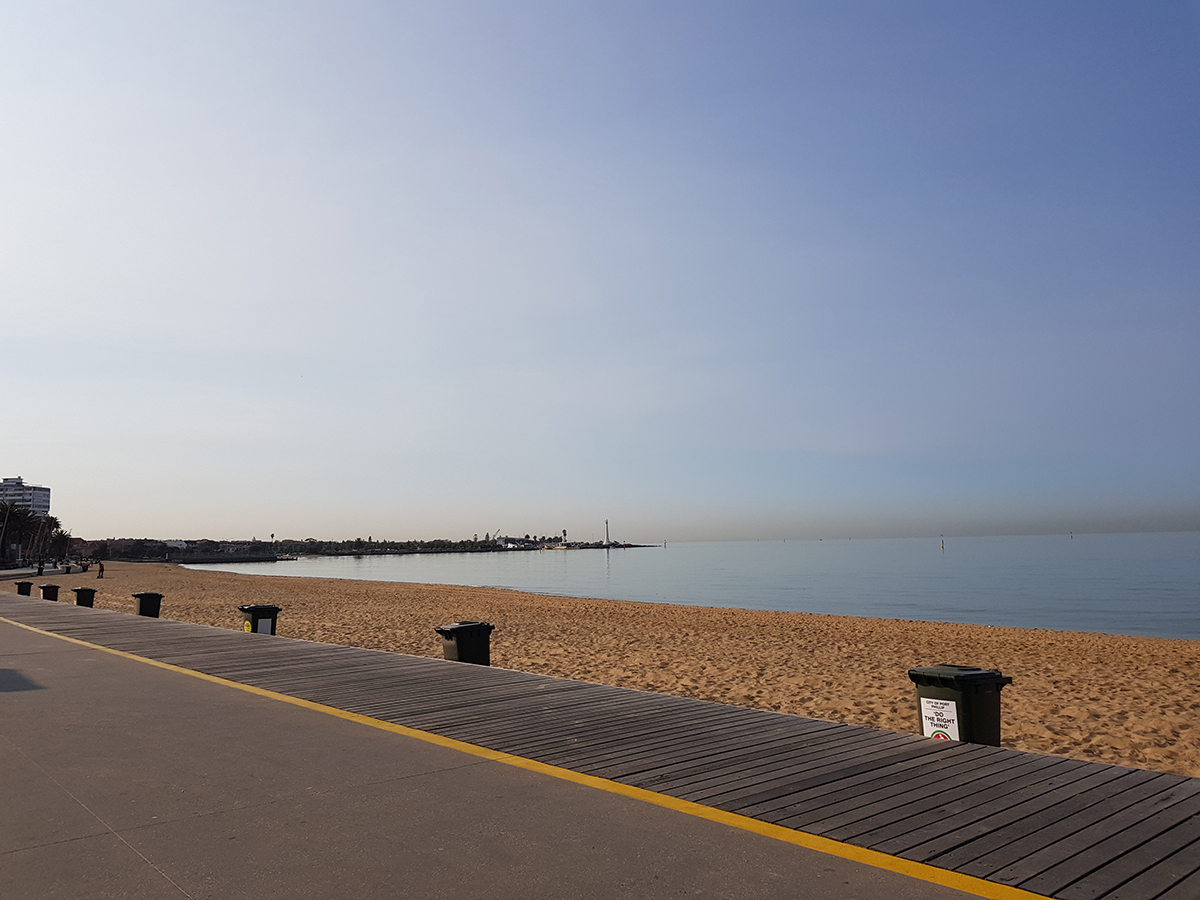Environment Protection Authority Victoria (EPA) has fined the operator of the Ravenhall landfill, after using an aerial drone to spot licence breaches that could have caused problems with odour and litter.
EPA Western Metropolitan Regional Manager Stephen Lansdell says the drone flight over the landfill on 22 May was an unannounced inspection designed to proactively check compliance and protect the community from easily preventable pollution.
“Unannounced drone flights like these are now part of EPA’s routine compliance work to ensure the operators are meeting conditions of the licences they hold,” Mr Lansdell said.
“Three landfills across the state have now been subject to fines after aerial inspections in recent months. EPA expects better of landfill operators than failing in routine maintenance actions that there to protect the environment and the community from litter and odour,” he said.
Officially known as a Remotely Piloted Aircraft System (RPAS) the drone is a sophisticated relative of the drones used by enthusiasts and enables EPA to conduct aerial surveillance and evidence gathering.
Landfill Operations Pty Ltd, has been fined $16,522 for two breaches of its EPA licence to operate a landfill on Riding Boundary Road, Ravenhall. One fine for having too much exposed waste on the operating tip face, the other for leaving too much waste exposed on the surface of the tip.
“Promptly covering waste with a layer of soil and minimising the amount exposed during daily operations are among the basics of operating a landfill,” Mr Lansdell said.
“It is one of the simplest ways to control odour and the escape of litter from an operating landfill and is clearly listed as one of the requirements of their EPA licence,” he said.
“All landfill operators must know they have a responsibility to the environment and the community to undertake this kind of daily maintenance.”
BACKGROUND
The RPAS program also allows EPA officers to investigate areas which are difficult to reach on foot or by vehicle, and to detect areas where waste may have been buried illegally.
EPA has Civil Aviation Safety Authority (CASA) certification to operate the program and abides by CASA regulations requiring licensees to keep their RPAS more than 15m away from people.
RPAS must also be operated within line of sight and cannot be flown over populous areas, making them suitable for use in more remote locations.
Under the Environment Protection Act 1970 and the Infringements Act 2006, the recipient of the fines has the right to have the decision to issue the infringement notices reviewed or alternatively to have the matter heard and determined by a court.
Members of the public can report pollution by calling EPA’s 24 hour hotline on 1300 EPA VIC (1300 372 842).





